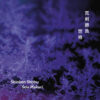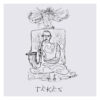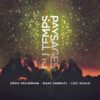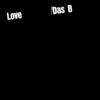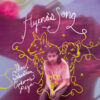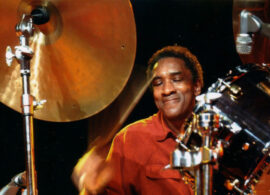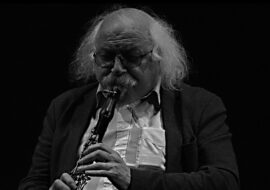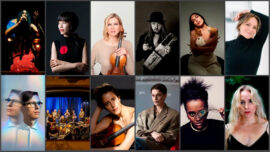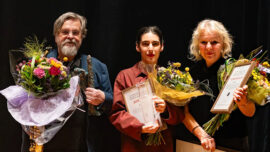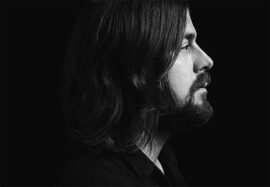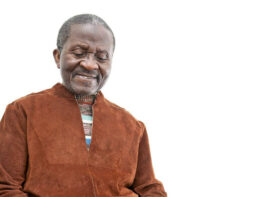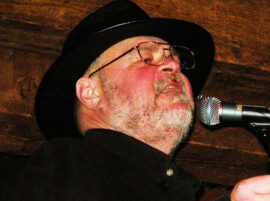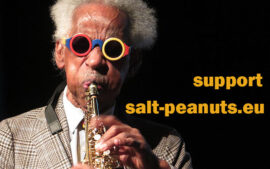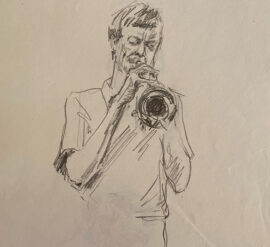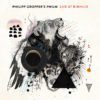
German, Berlin-based tenor sax player-composer Philipp Gropper’s Philm quartet maintains the format of a classic jazz line-up but attempts to challenge and expand the jazz syntax and language to its outer limits. The fourth album of Philm is an uncut live recording before an appreciative audience at Amsterdam’s Bimhuis club from June 2017. Philm features Austrian, New York-based pianist-synthesizer player Elias Stemeseder, known from Jim Black Trio and Nels Cline Trio; Köln-based double bass player Robert Landfermann, who replaced Danish bass player Andreas Lang and is known from his Grünen trio with pianist Achim Kaufmann and drummer Christian Lillinger (who played with Gropper in the Hyperactive Kid trio); and fellow-Berliner, drummer Oliver Steidle, known from the trio Der Rote Bereich and his collaborations with Peter Brötzmann. He is the only original member of Philm (besides Gropper) who has played on all its four albums.
Gropper acknowledges the seminal influence of the the compositional and improvisational strategies of of New York saxophonist-composer Tim Berne. Gropper’s compositions adopt similar, cerebral and almost mathematical dynamics, blended with passionate, urgent intensity and spiced with dry irony. His compositions, like Berne’s, emphasize the individual expression and the personal qualities of his comrades, often highlight a balanced, collective interplay, and never surrender to conventional jazz tactics.
The live recording relies on Gropper’s compositions for Philm’s «Sun Ship» (WhyPlayJazz, 2017). The opening, twenty-minutes «Sun Ship» is titled, obviously, after John Coltrane’s composition from 1965 (Impulse!, 1971), but do not try to follow Coltrane’s classic quartet fiery journeys. Gropper chose this title after his brother described it as «a spaceship, launched on a secret mission, navigated from far away». Philm constantly alternates between shifting themes, snaky melodic lines, and urgent yet nuanced dynamics. Philm blurs the distinction between the composed and improvised elements, as Berne’s group do. But unlike Berne’s compositions, Philm avoids the cathartic-ecstatic releases and opts for a more disciplined, reserved mode. The following, shorter pieces demonstrate the depth and richness of Philm’s complex language, borrowing ideas from contemporary, minimalist music, and European chamber jazz, moving freely and organically between forms and pulses without settling on any familiar form or a rhythmic pattern, always delivered with great focus on detail and arresting elegance.
Eyal Hareuveni
Philipp Gropper (ts), Elias Stemeseder (p, synth), Robert Landfermann (b), Oliver Steidle (dr)

